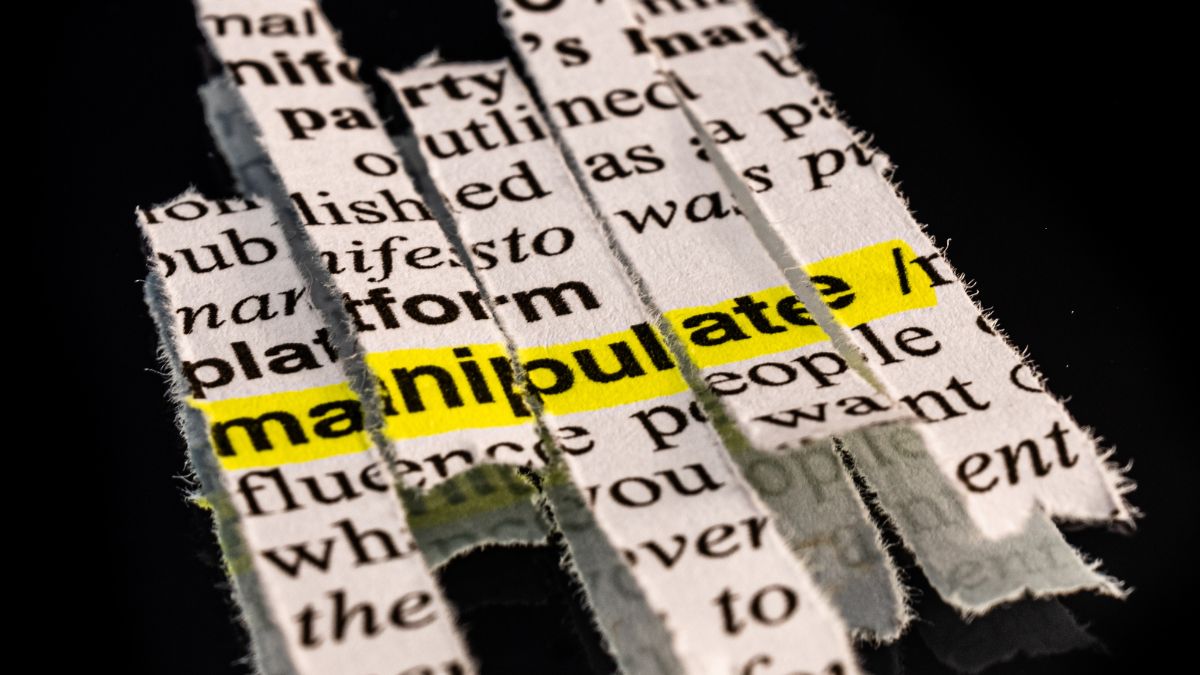
Recognising manipulation and denial in addiction
How can you recognise patterns of denial and manipulation that keep you or a loved one trapped in addiction?
People with addiction or substance abuse problems use different forms of denial to keep themselves in the addictive cycle, for example manipulation in addiction. Denial can be a dysfunctional protection mechanism which you may use to protect yourself from having to recognise, deal with and accept the reality of what is occurring in your life. This is often unconscious.
To recover from addiction, it is incredibly important to be able to identify denial. The 12 patterns of denial were developed by international addiction expert Terence Gorski. Read on to find out more about how people with chemical dependency use manipulation tactics to protect their addiction.
I am now 2 years, 10 months and 19 days clean and sober, thanks to Changes rehab. Some of the main points I was suggested to do were to play the movie through and live life for today.
I was fortunate to be a patient at Changes for 90 days. I did treatment at both the primary and secondary facility. It really changed my life. I owe so much gratitude to my counsellors and the staff.
If you are reading this wondering whether Changes is the right treatment center for you, I am telling you that it is. Changes has made a significant difference in my life and I couldn't be more grateful.
A phenomenal loving environment. Was well taken care off in my biological, psychological, social and spiritual healing. Got me to give the 12 steps a real shot and that changed everything.
I just wanted to say thank you to the Changes Family for everything that you did so far to assist with my son. In the beginning, I felt like a terrible mom, but you guys have been truely incredible.
What is Denial in Addiction?
Denial is the first issue to address when addicted persons enter treatment or try other ways of recovering from their substance use disorder.
Denial is when someone
- Ignores reality
- Downplays reality
- Distorts reality
Reality is painful and difficult, and the addict turns to substances or other addictive behaviours to cope – i.e., to escape.
In the words of Dr Diamond: “The addict cannot tolerate reality… Neither internal reality nor external reality”. “They find reality repugnant, uncomfortable, and overwhelming, and prefer, like the psychotic, withdrawal into fantasy, bliss, or oblivion over reality.”
The first of the 12 steps of Alcoholics Anonymous, and other 12-step programmes, is completely geared at confronting and overcoming denial: We admitted that we were powerless over alcohol/drugs – that our lives had become unmanageable.
Without truly confronting and overcoming denial, no matter how much you want to get better, denial will trip you up and prevent you from recovering. This can be a tricky process because denial comes in so many forms and has become so normalised to the addict that they struggle to even recognise when they are using a given pattern of denial.
In 12 step programmes, addiction is often described as cunning, baffling and powerful: In a way “denial is evidence that addiction is a smart and manipulative disease.”

What is Manipulation in Addiction Denial?
“I’ll only admit that I have problems, if you agree to solve them for me”
Addicts and alcoholics are often expert manipulators and have used manipulation as a way of life to protect their addiction.
Manipulation can also be used to keep oneself in denial.
For example, sometimes people with substance abuse problems will agree to get help if other people do certain things for them.
A person might say, for instance, that if their spouse stops divorce proceedings, then they will go into treatment.
Another example would be a person only being willing to go to treatment if his or her family sends them to a ‘luxury’ facility.
In these cases, the addicted person is usually doing less work than those around him or her.
Essentially, he or she is trying to get other people to do the work and solve their problems for them.
Another form of manipulation is when an addicted person makes promises they can’t keep, in exchange for getting what they want, such as: I will stay clean, if you buy me that phone etc.
Alternatively, an addict might do other things to please their family or friends to distract them from paying attention to their addiction problems.
While the addict is using manipulation tactics, they are trying to get what they want (usually to protect their addiction) instead of using their energy to genuinely get sober or try recovery.
In this blog, we explained how addicts may use manipulation as a strategy of denial. Denial is a huge obstacle in people’s recovery from addiction and needs to be exposed in order for people to recover.
Are you being manipulated by a loved one? Help them get help – contact us today.
Read more about the 12 patterns of denial below:
- Avoidance
- Absolute Denial
- Minimising
- Rationalising
- Blaming
- Comparing
- Compliance
- Flight Into Health
- Recovery by Fear
- Strategic Hopelessness
- The Democratic Disease State
Spot patterns of denial and manipulation in addiction that keep a loved one trapped, recognise the signs to challenge excuses and reclaim control now.. Changes team counsellors are here to help you.Recognise Denial Patterns And Manipulation In Addiction










